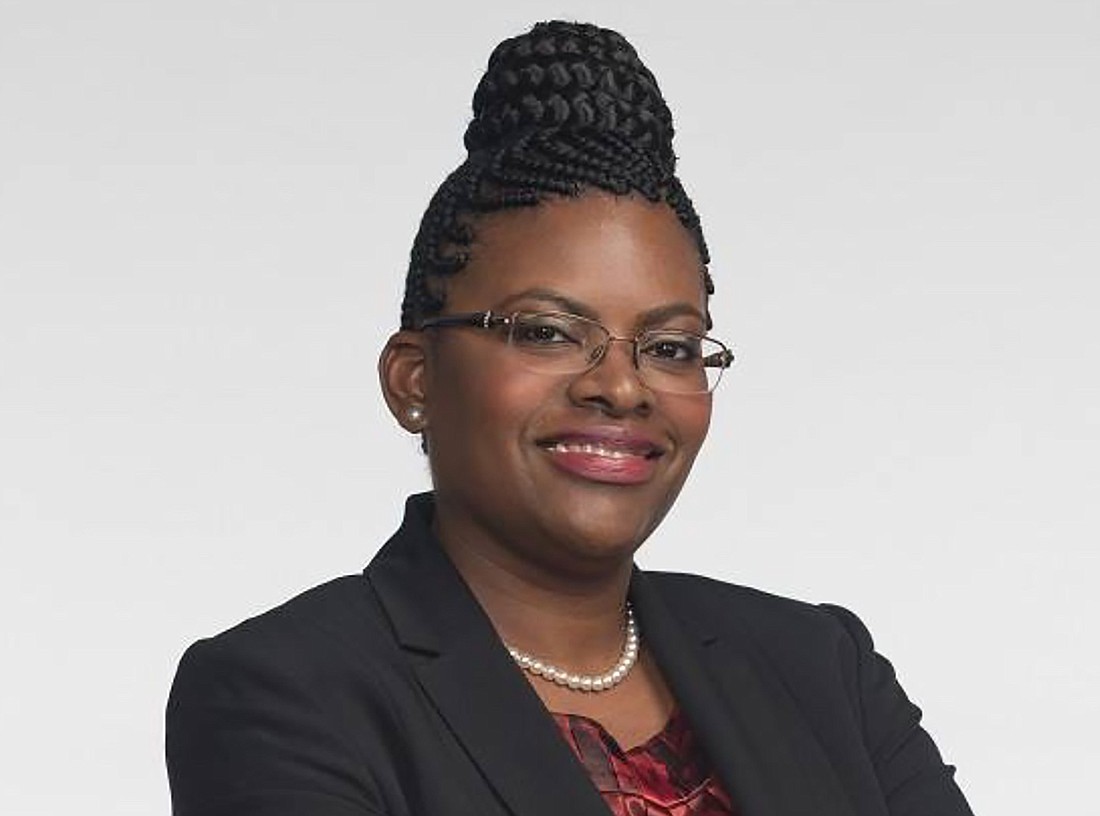
By Debbie Potter, JBA Dependency Law Subcommittee Chair
As I look back over the 16 years that I served as a Department of Children and Families attorney, I wonder what I could have done differently in my efforts to keep families together.
In the dependency world, we often talk about what is in the “best interest” of the child, but too many times the conclusion is that the biological family is not in that child’s best interest.
Why is that? Is a new family the solution?
I am not talking about cases involving sexual abuse or severe physical abuse. I am talking about that family with a parent struggling with mental illness, addiction or just plain old poverty, which leads to instability.
Although I was not a social worker, as a department attorney I had to be prepared to serve in that capacity as well. I often had to view a case not only through the lens of a lawyer, but as a social worker or therapist.
To say I was ill-equipped to comprehend the complexities of family dynamics in the face of mental illness and/or addiction would be an understatement.
As a department attorney, we often were given training opportunities on dependency law for keeping children safe, but not enough on how to preserve the family.
During my last few years with the department, my cases were primarily with teenagers. I again was faced with the reality that a new family was not always the solution.
A child having no identified family was definitely not a solution and sometimes the biological family needed to be looked at with a fresh pair of eyes and a renewed plan for reunification.
As I think back about the complexities of the dependency system, I reached out to my godson, who I had the pleasure to first meet through one of my cases when he was 10 years old. He presented as a kind and respectful young boy. I immediately felt a connection.
He eventually was adopted out of the system and now is 18 years old and getting ready to graduate high school. I wanted to know from him what he thought about the foster care system.
Did he feel that he had an advocate for keeping his family together? Did we fail his family? Did I?
His main takeaway was, “What they think is best is not always best for the child.”
Did we fail to identify what was really best for the child? I know we spent countless hours trying to find that answer, but did we still come up short? If so, how do we do a better job?
Should the analysis be: what is in the best interest of the family as a whole and not just the child?
My godson has good memories of some of his foster homes and some not-so-good memories of others. He enjoyed the group activities that he was able to participate in with other foster children. He said, “nobody felt different because everybody was in the same situation.”
We each came to the same conclusion: We have met people along the way that truly want to keep families together and the foster care system is not necessarily bad. Many improvements have been made over the years, but many more are necessary. We should not be so quick to give up on keeping families together.
While I am no longer an attorney for DCF, I still am passionate about preserving the family. I primarily handle family law matters, which too often involve DCF issues.
To preserve the family, it must be a collaborative effort. As a member of the Jacksonville Bar Association Family Law Subcommittee Section for Dependency Law, I am reaching out to the legal community. We can work together for better outcomes for our families.
Consider attending the next dependency law section meeting listed under the Events tab at jaxbar.org.
Debbie Potter is a senior attorney with Owenby Law, focusing on family and dependency law.